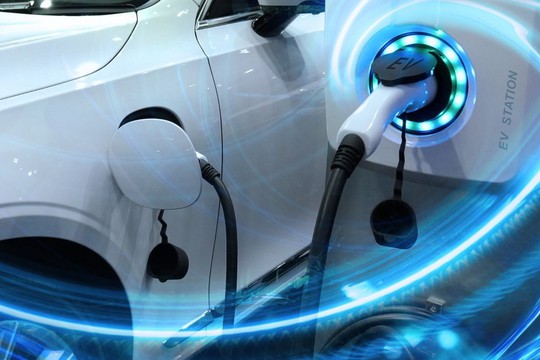The fourth quarter of 2023 was not good for Electric Vehicles (EV). Multiple manufacturers decided to curb or halt production. Ford in particular decided to cut their F150 Lightening Truck series in half. Roughly 4,500 auto dealers signed on to a letter petitioning the Biden administration to “tap the breaks” on its aggressive EV push, on account of EVs stacking up on dealer lots, notes Kristen Walker, a policy analyst for the American Consumer Institute.
Hertz announced it will be selling off about one third of its EVs, which will amount to roughly 20,000 vehicles. This is a major reversal from their promise just a few years ago to dramatically increase its EV fleet. The money procured from selling them off will be used for the purchase of internal combustion engines (ICE) in order to “meet customer demand.” The car rental company isn’t too keen on the expensive repairs that accompany EV ownership either, which can cost up to twice that of ICE vehicles.
Mid-January saw a severe cold snap surge across many parts of the United States, greatly affecting the Midwest. Many Chicago-area EV owners found themselves unable to charge their vehicles, leaving them stranded. This is because on average an EV’s range can drop 40% and charging takes significantly longer in freezing conditions. Some motorists waited hours in line at charging stations that struggled to even charge vehicles, and long lines meant difficulty finding open charging stations. Other vehicles had to be towed. This can’t be good PR for the EV industry.
And now, a cheating scandal.
The Texas Public Policy Foundation’s fall study examines a rule in which EVs “improperly benefit from an erroneous interpretation by the U.S. Department of Energy of a series of laws” promoting alternative fuel vehicles, but “clearly excluding electric vehicles.” Carmakers can arbitrarily multiply the efficiency of EVs by 6.67, meaning a 2022 Tesla Model Y which tests at the equivalent of about 65 mpg in a laboratory is counted as having a compliance value of 430 mpg.
If we’ve learned anything in these last several months about EVs, it’s that the government needs to quit manipulating the market through its massive subsidization of an unwanted “transition” and forcing consumers to purchase vehicles they don’t want. And now we learn automakers have been finagled into manufacturing EVs.
The rapid push toward electrification is all way too much, far too soon. It’s crippling our economy and consumer wallets.
read more in our Telegram-channel https://t.me/The_International_Affairs

 9:07 10.02.2024 •
9:07 10.02.2024 •























